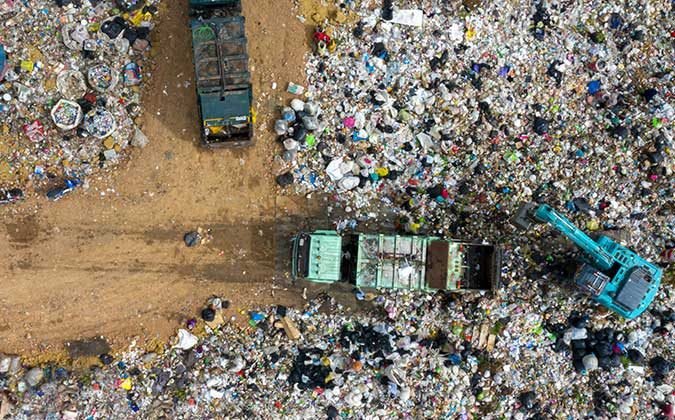Waste to Energy
Recovery of energy from waste is the conversion of non-recyclable waste into heat, electricity or fuel that can be used through various processes such as combustion, gas supply, pyrolysis, anaerobic digestion and recovery of gas from landfill. Energy recovery is part of the non-hazardous waste management hierarchy. By using energy recovery to convert non-recyclable waste into electricity and heat, this heat generation method can be considered as a renewable method for energy production and on the other hand it can reduce carbon emissions by compensating for energy needs from fossil sources and reducing methane production from landfills. Globally, energy production from waste accounts for about 16% of all waste management processes. This section will be explained in detail later.







